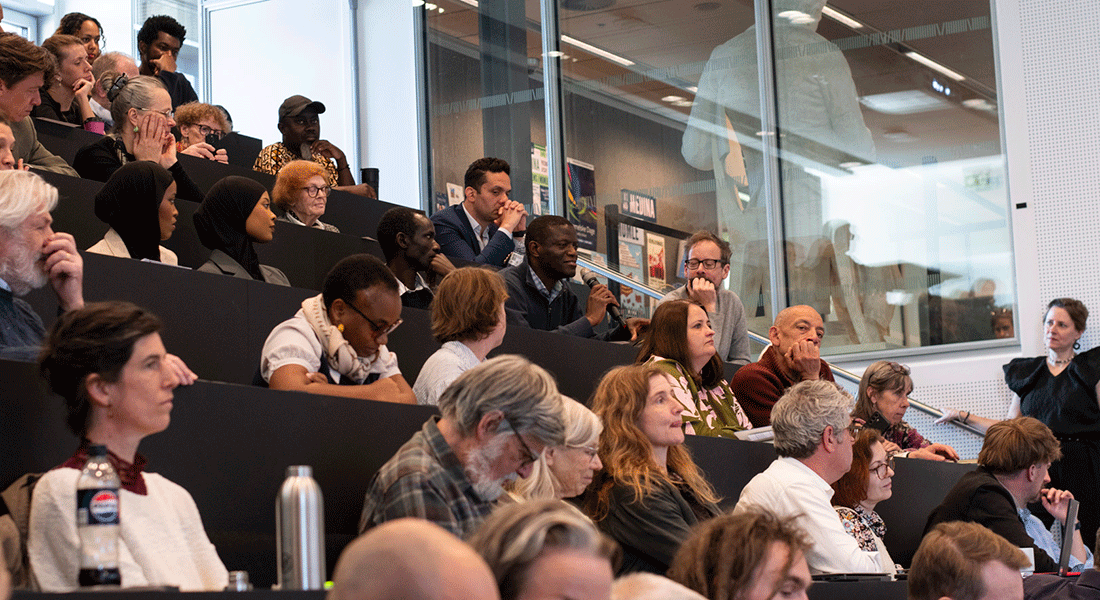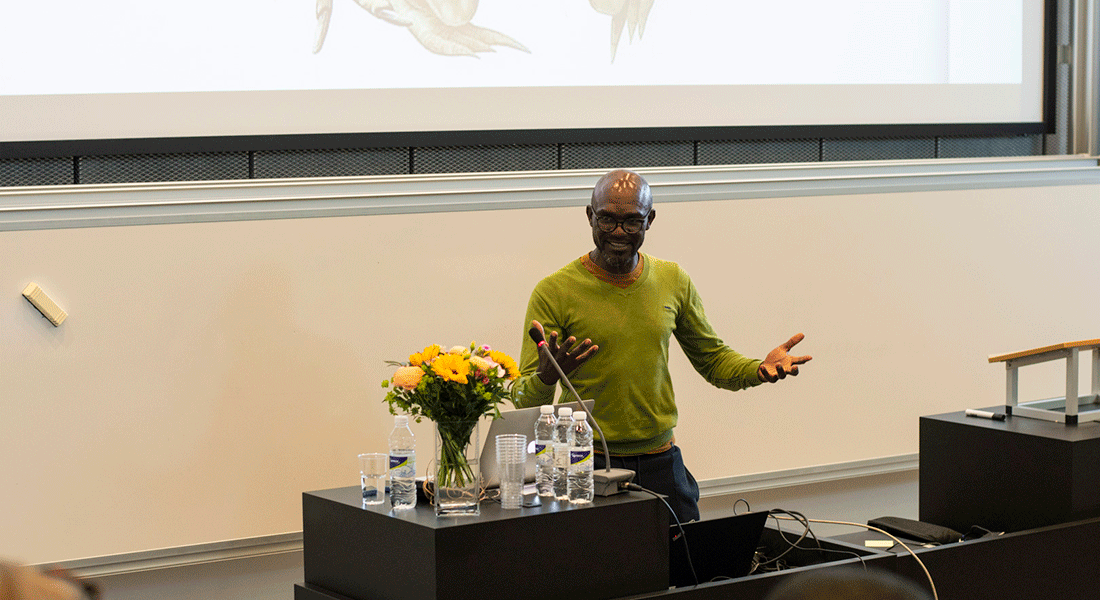40 years of African Studies
Friday 25 April 2025, the Centre of African Studies (CAS) at the University of Copenhagen celebrated its 40th anniversary.

Since its establishment in 1984, CAS has been an interdisciplinary meeting place for research, teaching, dissemination and partnerships concerned with the complex realities of African societies, perspectives, challenges and opportunities. With a focus on and from Africa - and with collaborations around the world - the Centre has contributed with critical knowledge to a wide range of academic themes: from climate and sustainability, to the relationship between statehood and citizenship and the social, political and cultural meanings of religion.
"At the Centre of African Studies, we look forward to strengthening our research in the areas of digitisation, the environment and sustainability, as well as religion, health and cultural heritage from African perspectives and thinking", explains Karen Lauterbach, Director of the Centre of African Studies.
A changing field of expertise
The anniversary featured a full-day programme that looked both back and forward. Among the highlights was the keynote lecture "Africa as Theory: A proposition for African Studies" by Professor Taah Abongnelaa Divine Fuh from the University of Cape Town - an internationally recognised voice in decolonial studies and African knowledge production.
Among other things, Fuh argued that Africa should not only be understood as a geographical area studied with theory, but as a theory in itself - an analytical starting point for understanding and explaining global contexts. It's a mindset that is particularly relevant in a time of climate crisis, migration, inequality and geopolitical shifts.

"If we are to understand and identify solutions to the current global crises, we need to bring a wide range of perspectives into play, including ideas and thinking from places we in our part of the world don't normally recognise as producing solutions. This could be anything from topics such as recycling, religious coexistence, creativity, perceptions of democracy to data and knowledge production," says Karen Lauterbach.
The afternoon's academic programme concluded with a reception with music, poster presentations and the opportunity to meet old colleagues and new collaborators.
